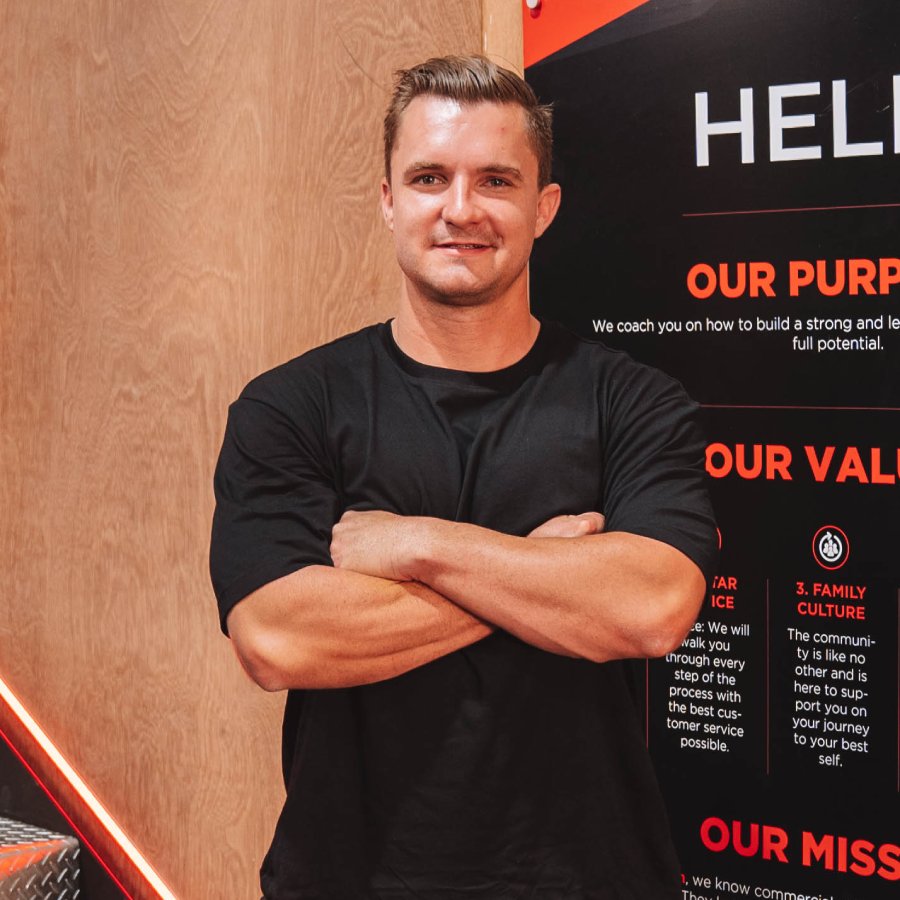Are you happy?
Can happiness exist without success? Can you still be happy if you haven’t accomplished your life’s ambition?
Have you ever said to yourself, “I’ll be happy once I receive that promotion, once my bank account is at XXX dollars, once I have a bigger house, and once I have a leaner physique”? It’s not just you.
People often pursue the idea of happiness. We keep relocating the goalposts while ignoring the present and holding our breath in anticipation of the time when we succeed in our ultimate objective. We believe that happiness can only be attained then.
We are not at fault. We were brought up to think that if we acquire a decent education, a nice career, a good partner, start a family, and make the correct amount of money, we’ll be happy. However, since pleasure is not a destination, achieving goals rarely results in happiness. What is it then?
It’s difficult to put a definition on happiness. Although I can’t sum it up, I can tell you some of the things it isn’t.
It is not a goal we chase after and it is not a place we get to. It is independent of money, material possessions, honours, or achievements. You cannot get it from others or allow others to take it away from you. I think we confuse joy with happiness, which I think we confuse with satisfaction.
As we all know, emotions pass through phases.
People come and go. One minute we may be filled with excitement, the next with despair or impatience. We can become “unhappy” when we don’t experience joy, at which point we start to doubt everything. How do we feel? If not, how did things go wrong? Instead of responding to that feeling, we might realise that we are genuinely happy with life if we took a moment to stop and think about it. An unpleasant feeling is currently present, but it will pass. Everything seems to be going in circles. I KNOW!
I’m now trying to figure out what causes happiness as a result of this.
It’s difficult to pursue happiness. It can be really perplexing at times. As a coach, I have the opportunity of learning about people’s difficulties and how they recover (or don’t). the degree to which they ascend or descend, how they maintain their composure or bury their heads and become more depressed. How, therefore, can some people, who appear to have it all, appear to be so unhappy? And why do some people appear to be content despite having very little and even going through pressures like health problems and trauma?
The books “10% Happier” by Dan Harris and “The Happiness Advantage” by Shawn Achor are both ones I’ve heard of. It turns out that people do research on happiness and how to reach true contentment in life, regardless of circumstance. I’ve learned through much observation, study, and reflection that choosing happiness is something we must do again.
It takes practice to choose to be joyful. It calls for the capacity to repeatedly return to a specific mindset. In trying circumstances, it may be easier to become negative and adopt the victim mentality. As a result, finding the positive must be a daily exercise and a mission.
Achor outlines seven principles for success in business and life and explains why a positive growth attitude is the key to feeling better in “The Happiness Advantage.” A happier person does more!
One of these principles responds to an often asked question: “How can I be joyful in the midst of difficulty? Even worse: “How am I supposed to be joyful when I fail? In order to define a responsive and upbeat response to failure, Achor invented the phrase “failing up”.
He doesn’t advocate celebrating failure. That’d be strange. The goal is to embrace failure so that, in the face of difficulty, we can rise rather than fall. Every mental map following adversity or a crisis has three routes, according to Achor. one that revolves on where you are right now (i.e., the negative event creates no change; you end where you start).
“A different course will lead to poorer outcomes for you” (i.e., you are far worse off after the negative event; this path is why we are afraid of conflict and challenge). Additionally, there is another route, which I refer to as the Third Path, which takes us from failure or setback to a position where we are even stronger and more capable than we were before the fall.
By selecting the third option, we consider what transpired and how the subsequent action or sequence of steps might advance our growth. What course of action could we take next to strengthen our position and emerge stronger than before?
Think about failing a big exam.
Students that have a positive view on life don’t act the victim; they don’t sit around moping or blaming the test or the teacher. They correctly assess that the result was not what they had hoped for and see room for improvement.
They’ll start showing up to every class and taking more thorough notes. They’ll spend less time on social media and more time studying. They’ll probably do well in the upcoming test. They might even develop a liking for the subject and decide to pursue a career as a professor. But if the kid hadn’t initially failed, it would never have happened.
There are always going to be challenges, as we all know. Only in the world of unicorns is it possible to ride a smooth, frictionless vehicle. You wouldn’t want it, in my opinion, anyway. You’d become bored, unchallenged, and dissatisfied.
Therefore, the next time difficulty arises, consider how you might be able to view it differently. Is there a secret opening here? How is it possible for this to be a good thing? How can you use the knowledge you’ve gained from this challenging scenario to improve yourself or others?
Willing to learn more like I am? To your reading (or listening) list, add “The Happiness Advantage” and “10% Happier.” Your daily feelings may vary if you adopt a different strategy for overcoming problems in life. Keep your strength and make the decision over and over to see the bright spots through the gloom. Discover from your mistakes. Develop your tolerance for difficulty and resilience.
Better yet, see failure as a chance to learn and improve. Fail up the next time you mess up!




